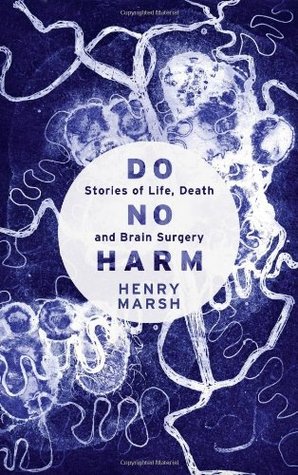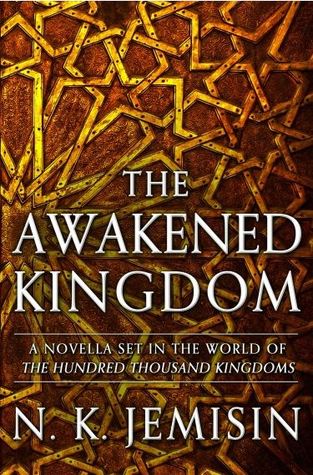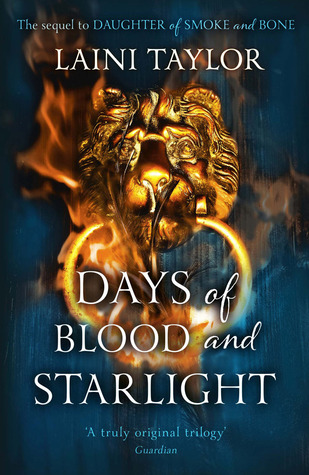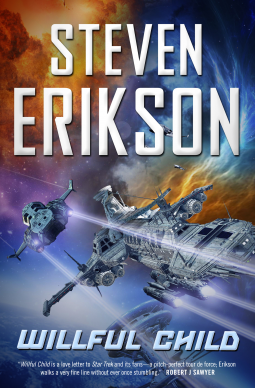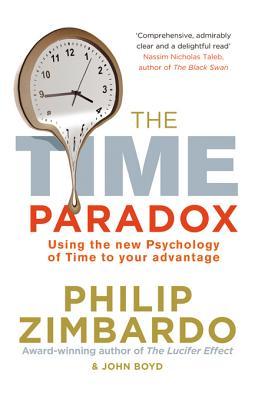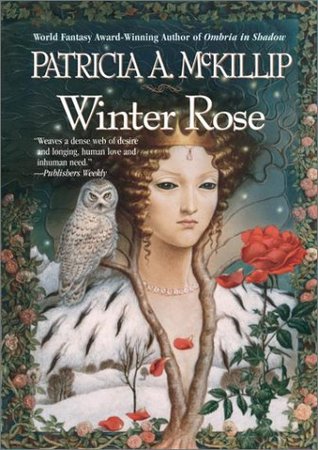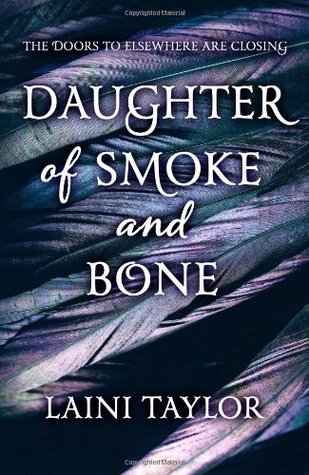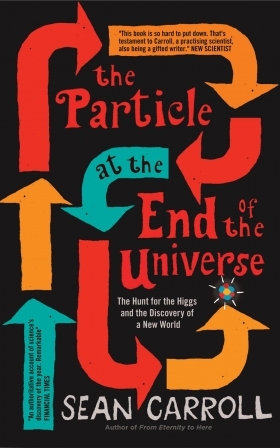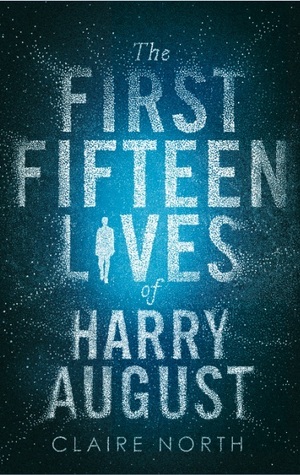 The First Fifteen Lives of Harry August, Claire North
The First Fifteen Lives of Harry August, Claire North
I have a lot to say about The First Fifteen Lives of Harry August. Starting with: I really want to like it. I’ve followed North’s work since she wrote Mirror Dreams as Catherine Webb; if I recall rightly, we’re about the same age and she was just sixteen when it was published. I loved her narrator, the quirky twists in the way things work. I haven’t read all her work as Kate Griffin, but I enjoyed that as well, as far as I’ve got.
But this one… The idea is fascinating. It’s one that I’ve actually played with before, the idea of someone who goes back to the beginning of their life when they die, retaining the knowledge of what they did before. That aspect of this works fine: the Cronus Club makes sense, the various provisions for helping the kalachakra/ouroborans in their second lives and beyond, even the psychological issues with living multiple lives.
And then time paradox comes to mess it up. You can’t claim in the same novel that messing with technological and scientific advances will cause the end of the world because it changes the way things are ‘supposed’ to be, and then also claim that these people can live totally different lives each time. Like, just their schemes for making money for a start — money you win by betting isn’t money out of nowhere. If you win, someone loses. If you win something someone else won in your last life, then you’ve changed the future. If you come up with a scientific theory in your first life, you have to provide that in each life or you’ve changed the future — you can’t just go off and breed cats instead or something.
The ethical issues about killing kalachakra, making them forget, etc, etc — all of that could make for a great story without that central contradiction. You can’t have it both ways: have your ouroborans conscientious about time, or make them not care about anyone but themselves. The operative word is or.
The narrator just felt flat, often totally without emotion. In many ways it seemed appropriate for the situations, but it isn’t bags of fun to read. So it totally lacked the irreverent, trope-defying smartass voice of Mirror Dreams; for me that was an extra disappointment because I know she can do her narrators really. The relationship between Harry and the antagonist (I won’t reveal the name since it does take a while to become clear) teeters on the verge of being really intriguing, the push-pull that they have; the longing for understanding and the fundamental disagreements between them… and yet with Harry’s blunted affect, it doesn’t hit home.
My rating is mostly based on the fact that I enjoyed thinking about this, puzzling out whether you could write a novel with these premises and not contradict yourself somewhere and how you’d do that. It’s a nice set-up, but… alas.
Rating: 3/5

